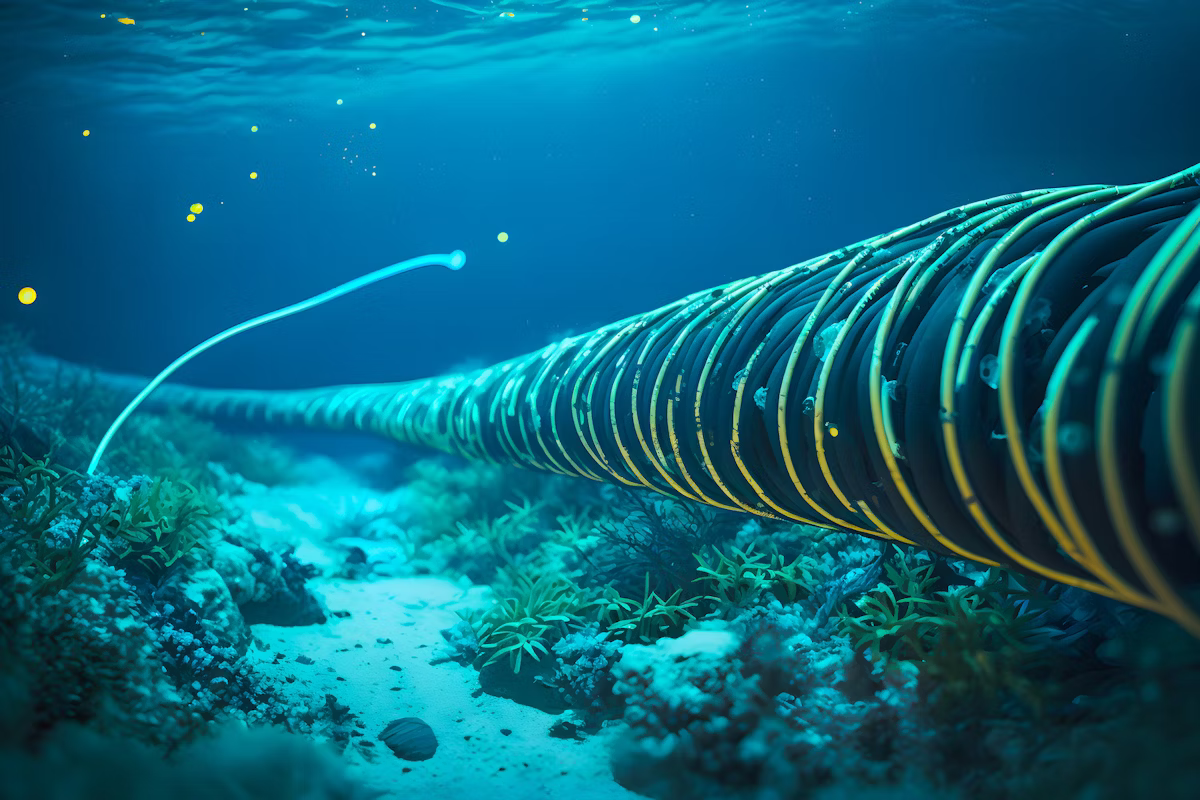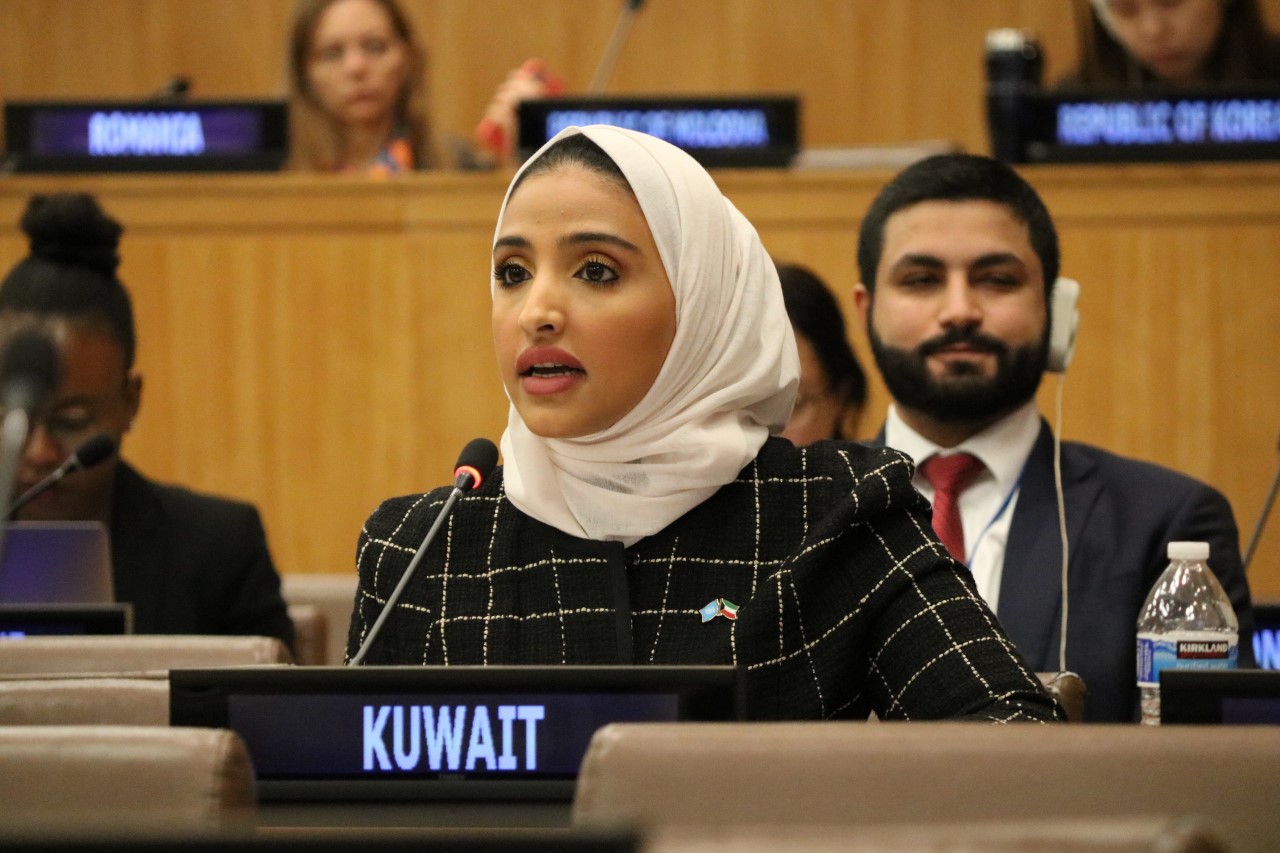Kuwait has been facing significant challenges regarding its internet connectivity following the recent severance of the Falcon submarine cable.
The Communications and Information Technology Regulatory Authority (CITRA) announced a positive development regarding this situation, stating that 30% of internet service has been restored through alternative international cables as of 2:00 a.m. on Thursday.
CITRA reassured the public that full restoration is expected within the next 24 hours, allowing users to return to their regular online activities.
Falcon Cable Incident
The Falcon submarine cable, operated by GCX, suffered damage in a section that connects Kuwait to Al-Khobar, Saudi Arabia. This incident occurred outside Kuwaiti territorial waters, resulting in a noticeable decline in internet service quality across the nation.
The impact was felt by both individual users and businesses reliant on stable internet access for their operations. While the disruption was significant, the swift response by CITRA demonstrates the authority’s commitment to maintaining internet connectivity and mitigating the effects of such technological crises.
CITRA Response and Future Plans
CITRA’s announcement regarding the restoration of services marks an essential step in addressing the immediate issues caused by the cable damage.
The authority is currently working diligently to restore full internet services, demonstrating its proactive approach to managing telecommunications in Kuwait.
The use of alternative international cables is a strategic decision aimed at ensuring minimal disruption to the country’s digital infrastructure.
Key Actions Taken by CITRA
- Restoration of Services: The immediate restoration of 30% of services through alternative cables shows a commitment to rapidly addressing connectivity issues.
- Ongoing Efforts: CITRA continues to work on fully restoring internet services within a 24-hour timeframe, highlighting its responsiveness to citizens’ needs.
Read Also: Kuwait Internet Restored After Swift Emergency Rerouting of Cables
Kuwait Petroleum Corporation (KPC): Standing Strong Amidst Disruptions
Despite the internet connectivity issues, Kuwait Petroleum Corporation (KPC) and its subsidiaries have managed to operate seamlessly. The corporation confirmed that its operations were unaffected by the weak internet connections, thanks to its robust technological infrastructure. KPC utilizes state-of-the-art operational systems and cybersecurity measures to protect its electronic network, demonstrating an understanding of the critical nature of technological resilience in today’s interconnected world.
KPC Technological Preparedness
- Advanced Security Measures: KPC employs advanced technology to safeguard its network against potential cyber threats. The corporation is aware that the digital landscape is fraught with risks, and it prioritizes cybersecurity as a core element of its operational strategy.
- Employee Training and Development: Regular training courses are conducted for KPC employees in the technology sector, ensuring that staff members are well-equipped to handle technological crises. This continuous development contributes to the overall preparedness of the organization.
KPC’s Expansion Plans
As KPC navigates the current challenges, it is also focusing on its future expansion plans, particularly with major foreign projects slated for 2025. The corporation aims to form partnerships with leading international oil companies, enhancing its operational capabilities and market reach.
Expansion Strategies
- Acquisition of Oil Projects: KPC is actively pursuing opportunities to acquire oil projects abroad, enabling it to strengthen its global presence.
- Increased Refining Capacity: The corporation is examining ways to expand its refining capabilities, particularly at its foreign refineries, including Milazzo in Italy and Duqm in Oman. This expansion is crucial for managing the large quantities of Kuwaiti oil produced.
Enhancing Production at Nghi Son Refinery
The Nghi Son Refinery in Vietnam has recently increased its production capacity, operating at 115% of its previous output following maintenance work. This increase not only benefits KPC but also enhances its ability to supply oil to various markets. The corporation is refining its marketing strategy to ensure the successful export of Kuwaiti oil to refineries in Europe and Asia.
Market Penetration in Africa
In addition to its ongoing projects, KPC has successfully entered African markets, focusing on increasing its share in diesel and jet fuel sales. The corporation is exploring various avenues to enhance its profits while also encouraging private sector involvement in manufacturing industries. This partnership with the private sector promises to unlock new investment opportunities, further bolstering Kuwait’s economic landscape.
Key Areas of Focus for KPC
| Focus Area | Details |
|---|---|
| Foreign Project Partnerships | Collaborations with international oil companies for expansion and growth. |
| Refinery Capacity Enhancement | Plans to increase refining capacities at foreign refineries to manage oil production. |
| Market Expansion in Africa | Targeting diesel and jet fuel markets in Africa for increased sales and market share. |
| Private Sector Collaboration | Encouraging private sector participation to foster innovation and investment opportunities. |
Conclusion
Kuwait’s recent internet challenges, stemming from the severance of the Falcon cable, underscore the importance of robust technological infrastructure and proactive crisis management.
The swift response from CITRA and the resilience shown by KPC demonstrate the nation’s commitment to maintaining connectivity and operational efficiency, even in the face of adversity.
As KPC looks toward expanding its global footprint and enhancing its refining capabilities, it is well-positioned to navigate future challenges while continuing to contribute to Kuwait’s economic growth.




